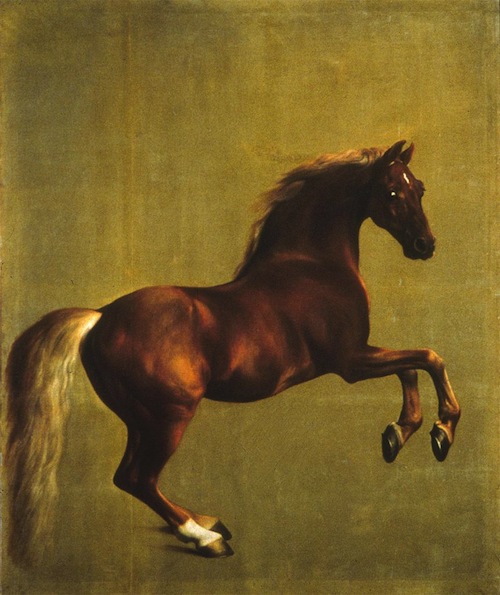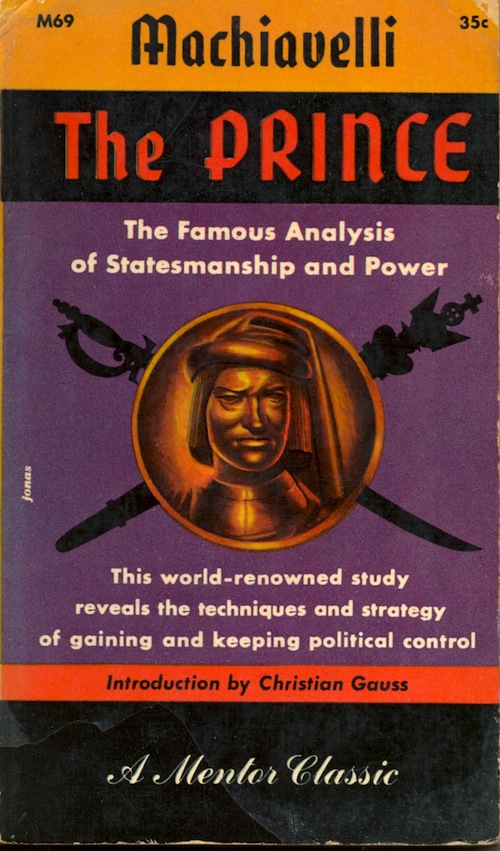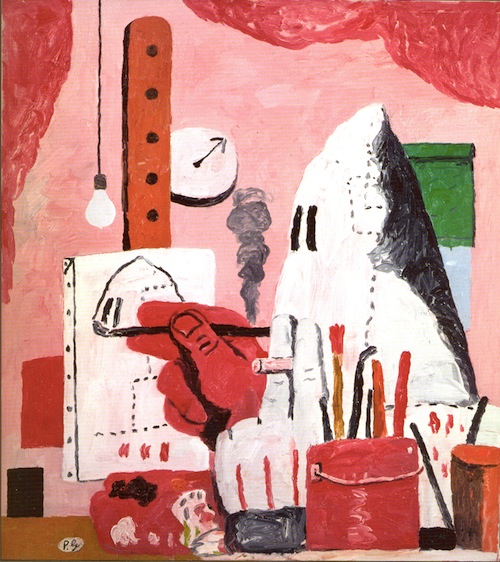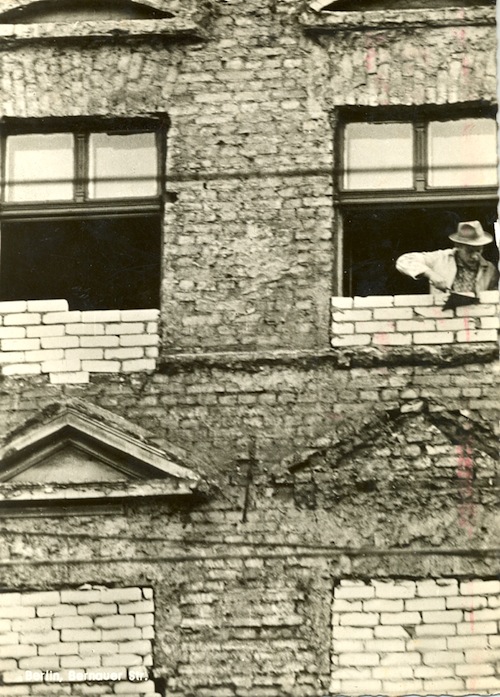
.... no better, but often worse, than what a French wit [La Rochefoucauld] had long ago defined it,—viz. A mysterious carriage of the body to cover the defects of the mind;—which definition of gravity, Yorick, with great imprudence, would say, deserved to be wrote in letters of gold.
—Lawrence Sterne, The Life and Opinions of Tristram Shady, Gentleman
In The Dictionary of As If no one says “society” anymore. A force in political life is lacking. The mere mention of evil sends nervous titters down the aisle. “Time Famine”—the phrase I saw first on a 1990s New York Times op-ed page, the gist being that friends no longer meet for lunch unless there is business to discuss. (Now Kate tells me her many 20-something friends prefer electronic love lives, if at all.) When asked if he thought there was too much evil in the world, John Cage replied, “I think there is just the right amount.” It is all a matter of distribution. I gather from friends active in OCCUPY that their activities include more than redistribution of wealth. In the 99% and in the 1% (and then in the high-rise fractions of 1%) how equably is evil mixed?
After lunch I wrote to Stephanie Young: On the Progress of 80 Things: I’m sure one does at least 80 things in half an hour’s time if only the mind might tabulate. That’s what the phenomenology of everyday life was about in the glory days of something like 1966-72, which come to think of it.... The past is not home for me, though I miss the dead people and wish to tell a thing or two to some who may still be living but so far inaccessible. “The recording of everything is erasing the past,” as you wrote, is probably true, I may quote you when I blog about those old habits of the 60s/70s. Now it seems important all over again to know beyond just absorbing a lot of information, or to be intelligent in cutting through the confusion of what you are told is happening, told by even your own senses I mean, and what it means if anything. I check the newspaper for mostly telling what normally occurs under the guise of “wow, look at this!” Nothing shocks me but I get very sad. I admit to being extremely impatient now with any sense of emergency of conspiracy of improvement of despair. My rage takes a form of thrashing neutrality. My responses to the out-of-whack distribution of good and evil as we have allowed it. What have I felt for a long time, maybe 10 years now, is, What did you expect? This doesn’t mean I am cynical or caving in. I do have history in mind, maybe too much of it to do anyone any good. I also exercise resistance. I think resistance. I can’t activate very well except as thought and in poetry’s specific instances. That’s why your student might be very correct in mapping me, Bernadette and you too “and from there the world.” In Bolinas I thought that’s what curriculum should be: start with X (X=anything, one, where) and proceed to environs “and from there the world.”
A rhinoceros will charge you if you stand between him and water.
Thus are Frank O’Hara’s two great political statements put in fresh perspective:
The only truth is face to face
We’ll have everything we want .... No more dying
No, I do not think humans are by nature evil, although humans are by the evidence the only ones, among animals, who can be defined in the act as evildoers. There is no evil dog or snake that I can imagine. I walk down a street near my home and the Killer Starling of Noe Valley darts out of its tree to jab its beak into my cap. This happens often enough for me to remark on it to a friend who tells me the starling is protecting its nest from me, the unlikely intruder. Which reminds me how birds of different species in the same tree can be oblivious to the one another’s presence, as well as how I still don’t get the difference between a raven, a blackbird and a crow. It doesn’t keep me awake nights, but early morning brings the heebie-jeebies about what’s done (wrongly) and not done, how to do it and in what order—Nick Dorsky calls it the Hour of the Wolf (for Nick it’s 4 am, for me 6:30, Norma I think said 5 ). Imagine we could synchronize all our roll calls with the all the frets, people not confronted or comforted or merely kissed, health “issues,” wildly irresolvable memories or lack of same, all sociopolitical/planetary shortcomings and excesses, the line in a poem that won’t come clean—the earth divests itself in one prolonged howling AARRRGGGHHH!

When I was in high school I wrote a series of term papers of the compare-and-contrast variety about Machiavelli’s The Prince and Lord Acton’s Essays on Freedom and Power. I was trying to understand how a political life can be led in the face of imperfection. I keep casting about for a way of discussing it. Alex Katz recommended John Rawls, but Rawls’s assumption that fairness is the rule of law and accessible stops me cold. The only political philosopher who makes sense right now is George Scialabba, whose book The Modern Predicament is available free on his (also excellent) website and whose other books have been published by Bill Corbett’s Pressed Wafer, with a new one, I'm told, on the way.
Anybody’s truck with complicity is fascinating. There is the Calvinist attitude that no one deserves much but the worst that can happen, and that really one’s expectations within the human situation, wherever you sit in or on it, should be kept as low as possible. The snarl in that manner instantly defeats my native ease and amiability. I know those who are determined to not give themselves an inch for fear of letting down on the job, though others get a wide permission; that’s really a blessing, except I want to say, save some of that for you, why not?
Nowadays so much of what might be social justice is played out in photography, or you get the picture of how there is no or very little social justice for all. They say that if you want to put the plight of children into an effective ad campaign you show one child and not many. It seems significant that twice last month I was asked what is the relation of photography to poetry and twice I answered “No relation.” (This may be why, although I enjoy a lot of it, I identify photography with affliction, that horrible conveyance whereby Diane Arbus could say, “The first thing I see is the flaw.”)
Or I am brought up short momentarily seeing that everyone in effect is doing the same thing—“contributing” in some specific to whatever the case may be—heaven, hell, a mess, or weird balancing act at every step or turn. So, yes, complicit—as in a Guston image, all hands up! This blood sport of distribution, in ourselves, in how we treat the world, in every sense of history and/or governance.

Are we history’s actors or just stuck with the task of ignominiously figuring out what “they” do? The question derives from a series of characteristically nasty remarks, once ascribed guardedly (by Ron Susskind, in The New York Times) to “an aide” of George W. Bush but more recently outed as spoken by Karl Rove himself, about the irrelevance of “reality-based” politics. By now, everyone should know the song: We're an empire now, and when we act, we create our own reality, etc.* Clearly, there is history and stories, and so get ready to cede Rove’s history to him and his ilk, as if they or it mattered, having no question of moment.
Reading, a Short List:
George Scialabba, The Modern Predicament
The Divided Mind
What Are Intellectuals Good For?
Richard Rorty, Contingency, Irony & Solidarity
Ryszard Kapuscinski, Imperium
John Rawls, A Theory of Justice
Louis Menand, The Marketplace of Ideas
Lord Acton, Essays on Freedom and Power
Nicolo Machiavelli, The Prince
Curzio Malaparte, Kaputt

Born in New York in 1939, Bill Berkson was a poet, critic, teacher and sometime curator, who became …
Read Full Biography

